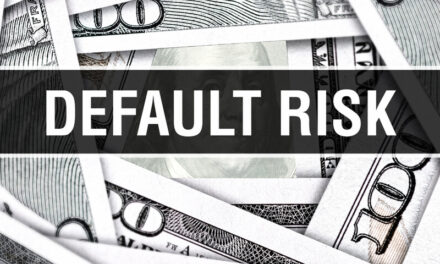Bridgewater Associates founder and CEO Ray Dalio said he can’t rule out the possibility China will weaponize its holdings of U.S. Treasurys to gain the upper hand in the ongoing trade war with the United States, which is a different view than most experts hold.
“We have a debtor-creditor relationship, not just a trade relationship. And (it) can be a dangerous thing,” Dalio said on CNBC’s “Managing Asia.” “I wouldn’t rule it out.”
Beijing was the single largest holder of U.S. debt until passed by Japan in June, and most experts have said they don’t think it will resort to the so-called “nuclear option” of selling the bonds off because the move also would hurt China.
In all, China holds about $1.11 trillion worth of U.S. debt.
Dalio’s argument is that there are so many uncertainties in the ongoing trade war between the world’s two largest economies, and it is difficult to anticipate what the other side is going to do next. And as the trade dispute has continually escalated, the two sides could be contemplating how to inflict “maximum harm” on the other.
“What we worry about — and I think it’s a reality — is that in this new world of adversely affecting each other economically and hurting each other’s businesses, each tries to think: ‘Now, how can I do the other the maximum harm?’ And the Chinese are clever at doing that,” Dalio said.
Since the trade war began, U.S. President Donald Trump has put 25% tariffs on $250 billion worth of Chinese imports and threatened even more tariffs coming up on Sept. 1, though, he announced a delay on some of the tariffs so it wouldn’t hurt consumers during the holiday shopping season. The U.S. also has banned Chinese telecom giant Huawei, and called China a currency manipulator.
China has responded with tariffs of its own, and stopped purchasing all U.S. agricultural goods, harming American farmers.
Economists mostly cite the trade war as the biggest economic worry for the world today, and could push us into a global recession as growth has steadily slowed.
Dalio agrees that the trade war is a net “negative” for the entire world.
“I’m not able to call who’s stronger,” Dalio said. “But I think it’s a little scary that … as we let our imaginations go … we could see the various harms that these countries can do to each other in the process, and what that’ll mean for the world economy.”




